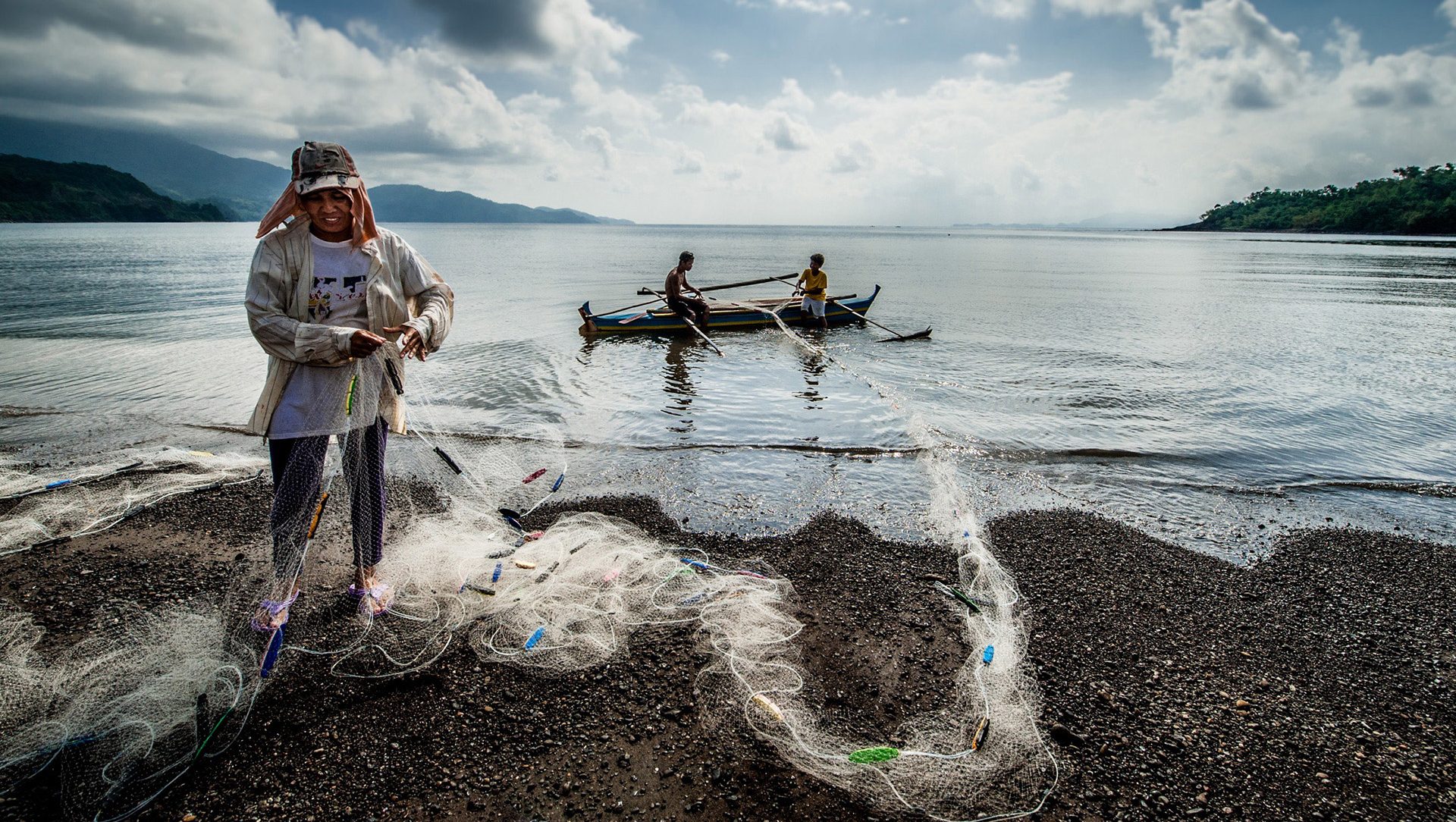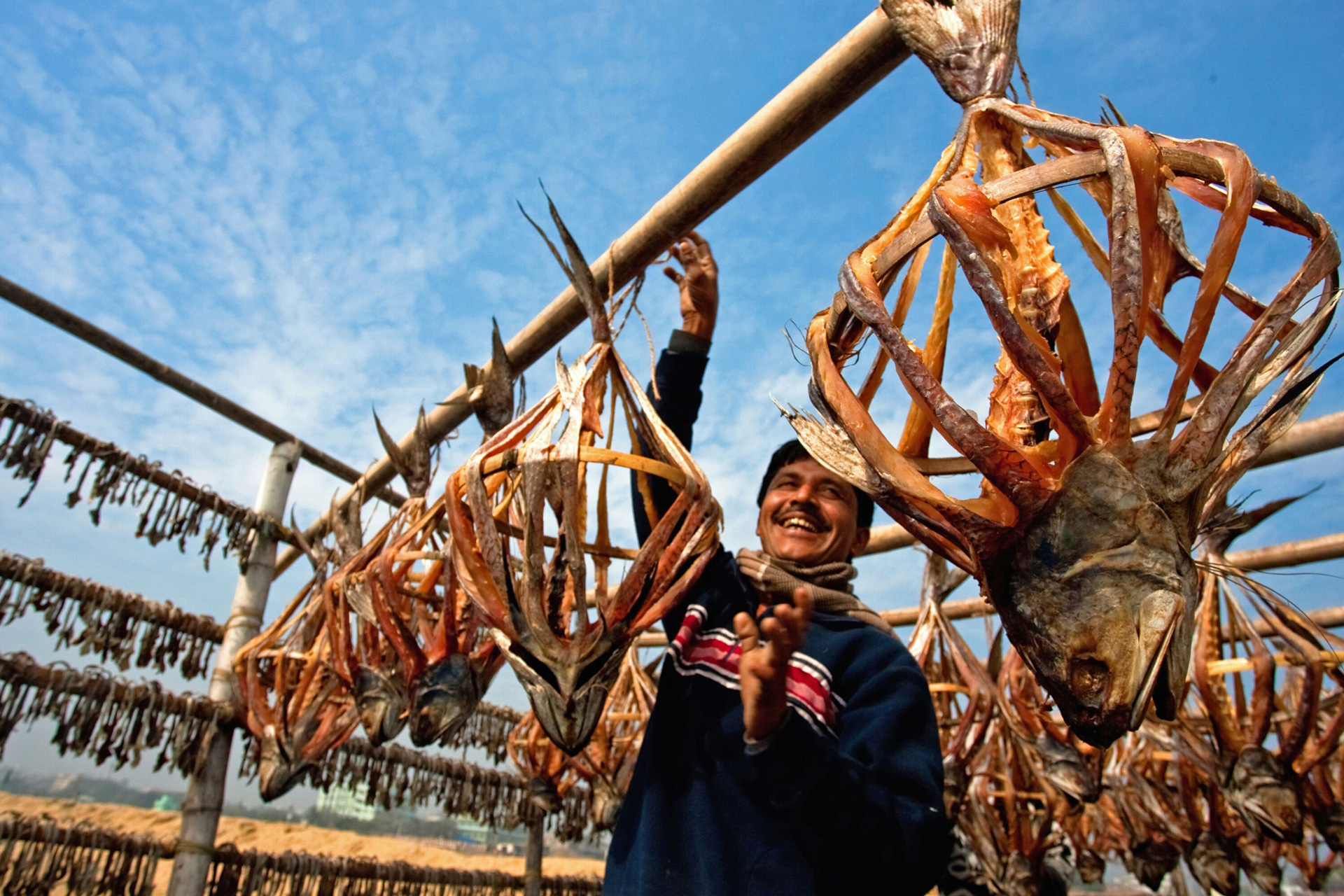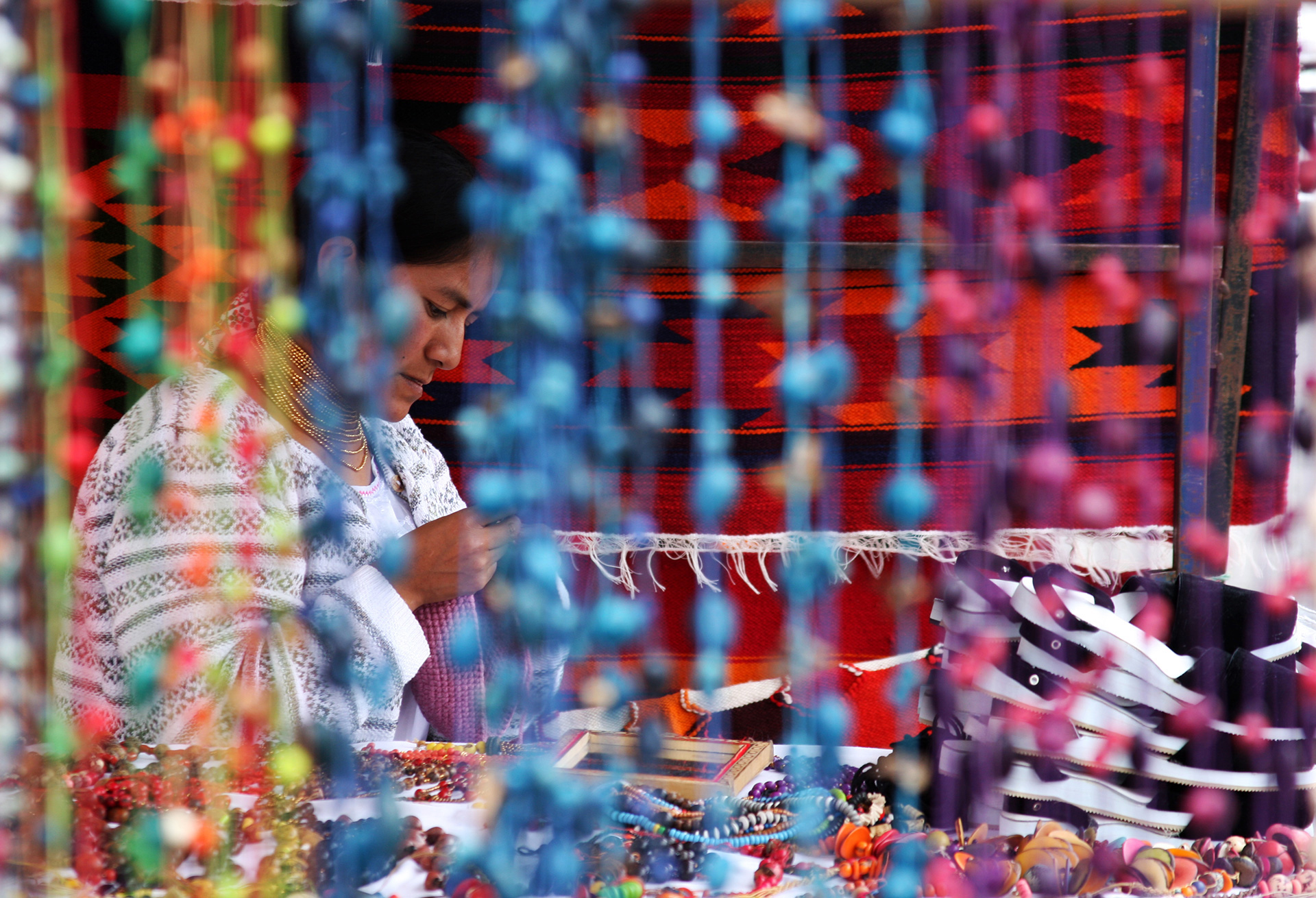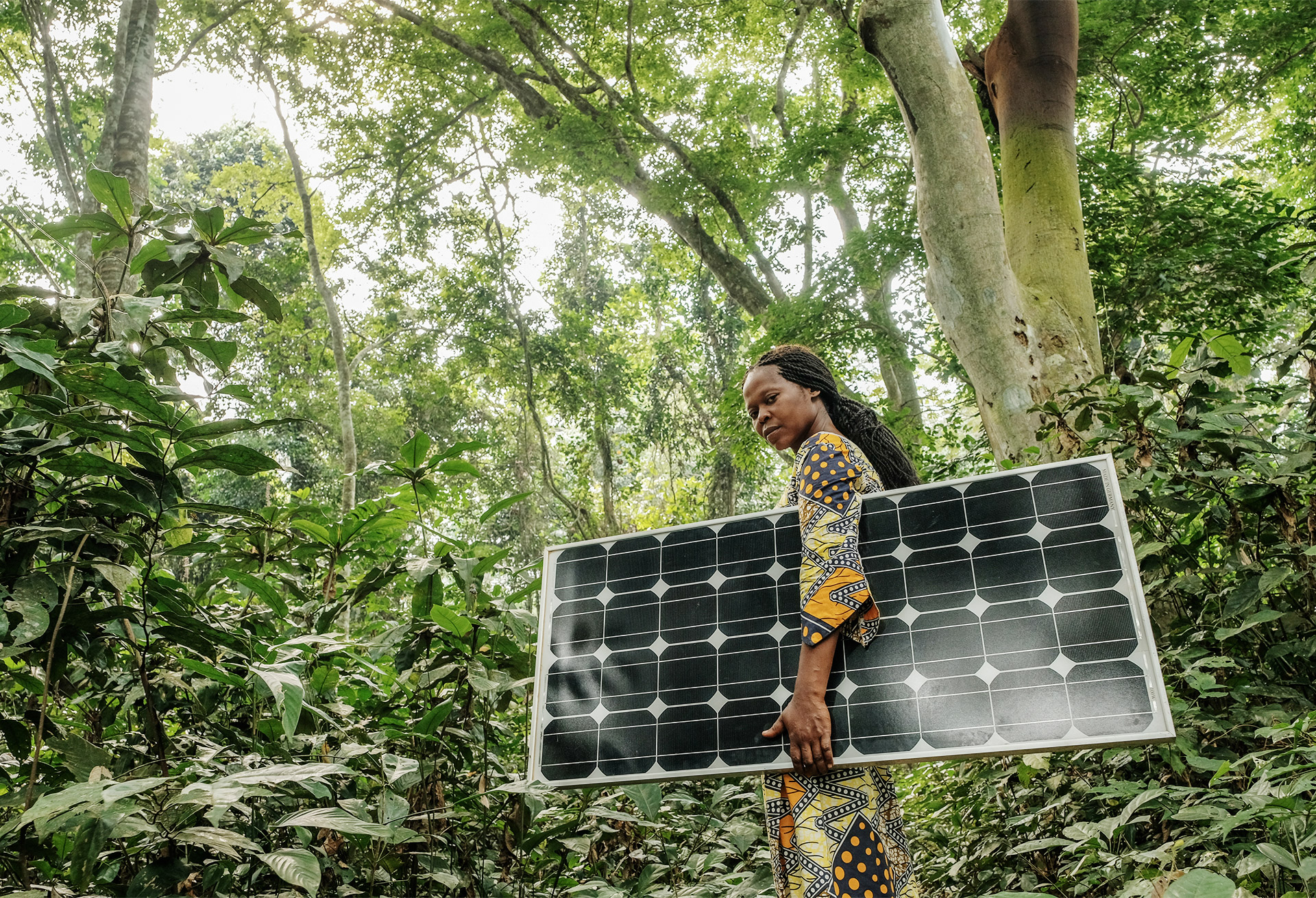Uganda hosts the largest number of refugees in Africa and third largest number worldwide. At the same time, they have the most liberal and progressive refugee policy in the world – giving refugees freedom of movement, the right to work, own assets and rent property. The progressive enabling environment in Uganda led to many initiatives from different actors to empower refugees even more: by giving them access to financial services. Act Church of Sweden and NpM, Platform for Inclusive Finance, produced a video to show the work and share the experience of two Financial Service Providers (FSPs) in Uganda.
Refugees form part of the wider systems of consumption, production and interaction in their host countries, and seek to earn a livelihood. Lack of access to financial services causes a major impediment to their income opportunities and economic welfare, particularly for the poor and vulnerable. Better access to finance can lead to improved livelihoods by giving refugees power over their own decisions and resources, which gives them an opportunity to work or start a business.
At the same time, only a few FSPs worldwide serve refugees. FSPs and their investors either tend to exclude refugees from their services or are extremely wary of including refugees in their client base. The primary reasons for this relate to a lack of documentation, familiarity, reputational risk and legal barriers. Furthermore, they are subjected to a set of ingrained perceptions of refugees as transient and un-bankable population. Many FSPs see refugees as high-risk clients and do not make much effort to serve them or adapt services to their needs. However, evidence shows that refugee borrowers may even perform better than nationals in terms of repayment. In addition, client retention may also be higher among refugees, as they currently have less choices of providers, and are likely to display a higher level of loyalty to FSPs that come forward to serve them first (Hansen, L.M.P. 2018. Expanding Financial Inclusion of Refugees in Uganda).
To bridge the gap between refugees and the financial sector, NpM launched the Finance for Refugees (F4R) workstream, wherein they aim to improve the FSPs capacity and motivate FSPs to serve refugees like regular clients. In 2017, with support of the IKEA Foundation, NpM conducted two studies. The first to analyse the global landscape of finance for refugees and the second was a diagnostic study in Uganda to gather a solid understanding of the (institutional) needs and preferences of four FSPs including the market requirements and the local context. This study resulted in very concrete action plans needed to advance inclusive finance for refugees. It was clear that Uganda with its progressive and liberal refugee framework was a good place to pilot the work on the ground. The same year, Sida, Grameen Credit Agricole Foundation (GCAF) and UNHCR embarked on a massive field study in Uganda to prepare the baseline for a four-year program that started in 2019.
UGAFODE Microfinance Limited was one of the FSPs that took part in NpM’s diagnostic study. They were very successful in carrying out their action plan which was developed in 2018. They are servicing both urban and rural refugees and were able to open a new branch in the Nakivale region in Uganda. They are providing saving accounts and loans to refugees, now focusing on digitalization of their operations during these COVID times.
Act Church of Sweden embarked on the journey and saw an opportunity to link their partners in Uganda with the Rural Finance Initiative (RUFI). RUFI is a South Sudanese FSP who followed their clients to Uganda, who had fled due to the conflict in South Sudan. RUFI has been a partner of NpM member Cordaid Investment Management since 2010. Cordaid financially supported RUFI to follow its refugee clients to Uganda, to open new branches and to pilot and roll out the REMEDY loan product. Act Church of Sweden supported the setup of RUFI´s branch in the Adjumani refugee settlement in 2019. Access to financial services empowered the refugees economically and is key to move away from aid dependency in a protracted refugee situation. This is what we call the nexus to bridge the gap between humanitarian emergency aid and long-term development work.
The experience of RUFI and UGAFODE shows that FSPs need to overcome certain barriers and need an investment to start financing refugees. The need of Technical Assistance for FSPs to overcome this first hurdle is also seen across borders. With a small investment, FSPs can be encouraged to take the first step and increase their refugee client base.
The work in Uganda has set a great example from which other countries could learn. Attitudes have been changed both in the development sector and in the private sector to find joint opportunities and use resources in the best way for the people in need.
We are working hard to promote this global change and would like to inspire you to do the same!
About Act Church of Sweden: Act Church of Sweden started with Church of Sweden Mission, formed in 1874 and the local branch of the Lutheran World Relief in 1947. Today, the international work is fully integrated in the Church. Their identity as a church form the basis of their international commitment. They express their values as faith, hope and love, human dignity and right and the integrity of the Creation. Act Church of Sweden believes in the strength to support local initiatives within civil society and to actively participate in global networks in order to bring about positive change.
About NpM: NpM, Platform for Inclusive Finance, is the leading national platform in the inclusive finance sector worldwide. Established in 2003, the platform brings together Dutch development organisations, social investors and commercial banks active in the inclusive finance sector. Together with the Dutch Ministry of Foreign Affairs, NpM’s 12 members share a commitment to expanding access to finance in underserved regions and to anticipate the changing need in the sector to grow towards a responsible industry. The members of NpM are active in over 97 countries and have committed over EUR 4 billion to the inclusive finance sector. NpM’s activities are directed to the contribution of the financial sector in reaching the Sustainable Development Goals.






